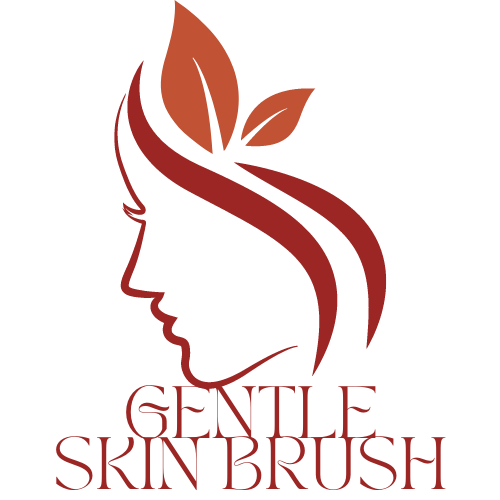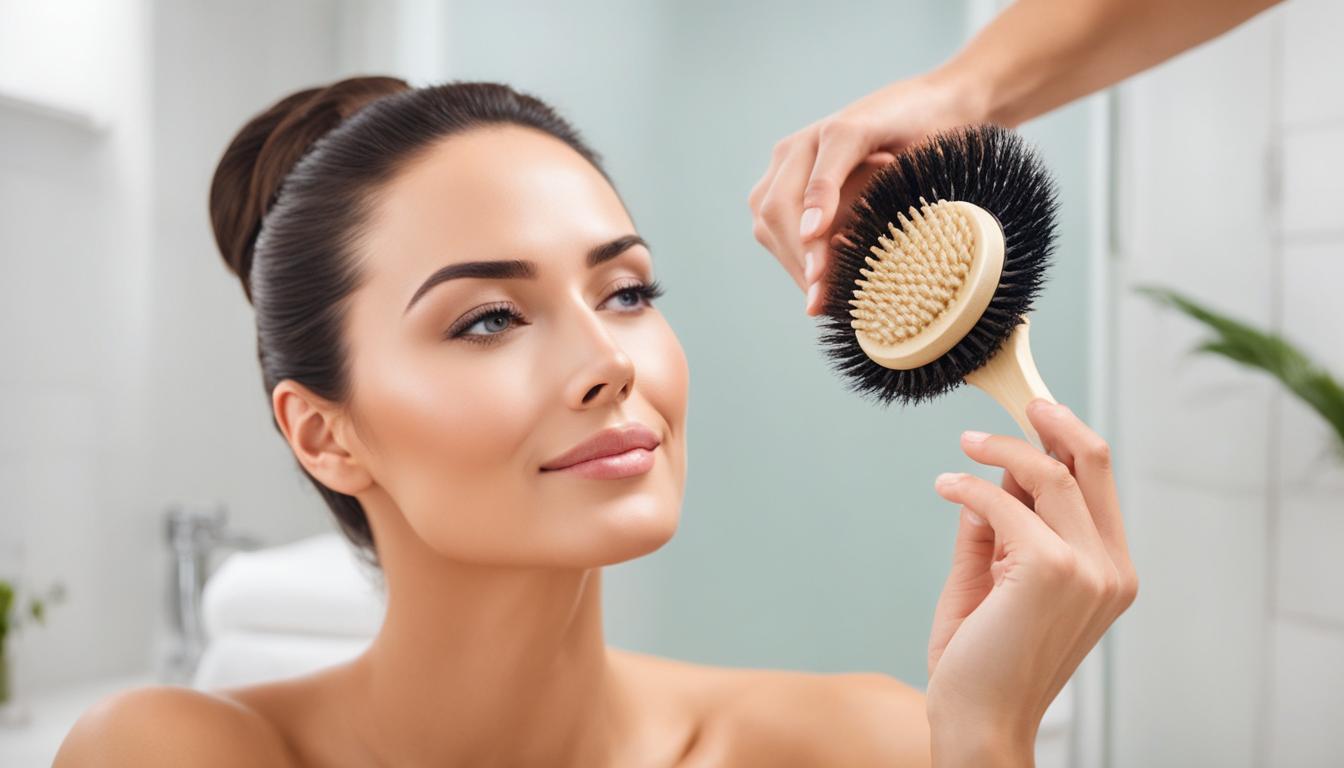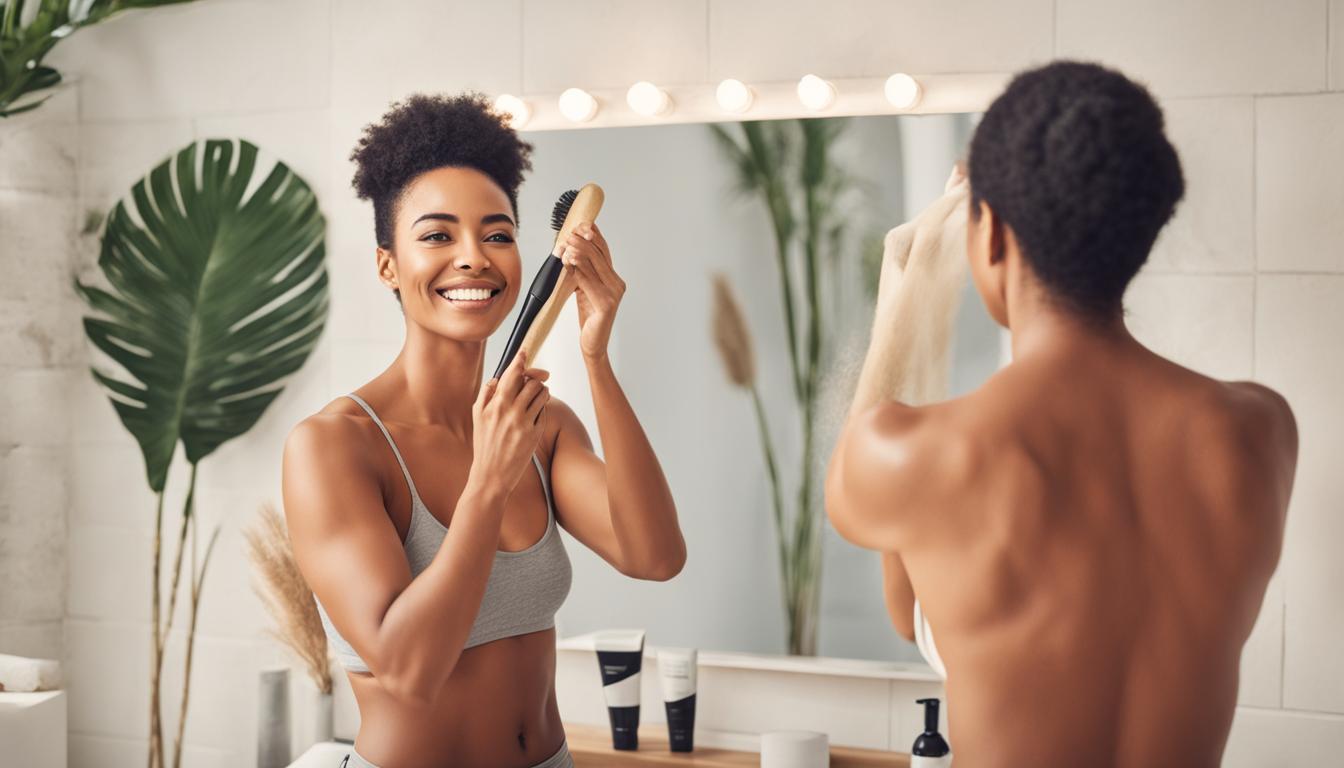It’s no secret that brushing your teeth regularly is the cornerstone of good oral hygiene. But did you know that brushing your teeth can actually help to prevent and even treat pre-existing cavities? In this blog, we’ll explore the evidence behind tooth brushing and its efficacy in treating cavities.
In this blog, we’ll explore the evidence behind tooth brushing and its efficacy in treating cavities. We’ll discuss the types of toothbrushes, toothpaste and other tools that can be used to help treat and prevent cavities, as well as how long and often you should brush. Finally, we’ll discuss the importance of regular dental check-ups in order to ensure your oral health is in optimal condition.
Contents
What causes cavities

Cavities are caused by a buildup of bacteria and plaque on your teeth. This bacteria feeds on sugar and starches in the foods we eat and produces acid.
While regular brushing and flossing can help to prevent cavities from forming, it can’t get rid of pre-existing cavities. The only way to remove existing cavities is through a dental procedure such as a filling or a dental crown.
So brushing and flossing may help to prevent cavities from occurring, but it can’t reverse the damage that has already been done.
How can tooth brushing help prevent and reverse cavities
Brushing your teeth is a crucial part of oral hygiene, and it can help to prevent and even reverse cavities. Brushing your teeth twice a day with fluoride toothpaste can help to remove plaque and bacteria that can cause cavities, as well as reduce the amount of acid produced in your mouth. It can also help to strengthen tooth enamel which can protect against cavities.
While brushing your teeth cannot get rid of existing cavities, it can help to slow down their progression and even reverse the cavity if done consistently. If you already have cavities, it is important to visit your dentist for the necessary treatments, such as fillings or root canals, to prevent further damage.
However, brushing your teeth can still help to prevent future cavities from forming. So, make sure to brush your teeth twice a day and visit your dentist regularly for check ups to keep your teeth healthy and cavity-free.
Of toothbrush and toothpaste should i use
When it comes to oral hygiene, a lot of us are aware that brushing our teeth is essential to keeping them healthy and cavity-free. But can brushing our teeth actually get rid of pre-existing cavities? The answer is not so straightforward.
While brushing your teeth with a toothbrush and toothpaste can help prevent cavities, it cannot reverse the damage that has already been done. However, regular brushing can still help keep existing cavities from getting worse by removing plaque buildup and helping to maintain a healthy level of oral hygiene.
So while brushing your teeth cannot get rid of pre-existing cavities, it can help keep them from getting worse and can even help prevent new ones from forming.
How often should i brush my teeth
It’s no secret that brushing your teeth regularly is essential for good oral health, but how often should you brush your teeth to ensure that you’re doing enough to prevent cavities? The answer is, it depends.
Brushing your teeth at least twice a day is recommended, but some experts say that a third brushing after meals can help reduce the risk of cavities. However, it’s important to note that brushing your teeth can’t get rid of pre-existing cavities. The best way to address them is to visit your dentist, who can provide a more comprehensive treatment plan.
Tips and tricks for getting kids to brush their teeth
It’s no secret that brushing your teeth is key to maintaining good oral health. But getting your kids to brush their teeth can be a challenge! Fortunately, there are a few tips and tricks to help encourage your little ones to make brushing their teeth a regular habit.
First, involve your children in the process of selecting a toothbrush, toothpaste, and floss. Kids are more likely to be excited about brushing their teeth if they get to pick out the products they’ll use.
Second, make brushing fun! Play their favorite music while they brush, or create a game out of it.
You can even turn it into a competition and challenge them to see who can brush the longest. Third, use positive reinforcement. Praise your child when they brush their teeth as instructed, and reward them with a sticker chart or other incentives.
Finally, it’s important to remember that tooth brushing alone cannot get rid of pre-existing cavities. Regular trips to the dentist are an essential part of oral health care. However, brushing regularly and properly can help to prevent cavities in the future.
Pros and cons of tooth brushing for cavity prevention
Tooth brushing is one of the most effective ways to prevent cavities, but can it actually get rid of pre-existing cavities? The answer is a bit complicated.
On the one hand, tooth brushing alone won’t be able to reverse existing cavities. In fact, any damage already done to tooth enamel won’t be repairable. On the other hand, regular tooth brushing can help to stop the progression of existing cavities and can even help to prevent them from becoming worse.
Brushing your teeth twice a day with a fluoridated toothpaste can help to remove plaque and food particles that can cause cavities, and also help to strengthen and protect your teeth. Additionally, regular dental checkups and professional cleanings can help to remove plaque and tartar buildup that can lead to cavities. So while tooth brushing alone won’t be able to reverse existing cavities, it can be an effective tool in preventing new ones from forming.
Conclusion
In conclusion, brushing your teeth regularly can help to prevent cavities, but it cannot get rid of pre-existing cavities. If you think you may have a cavity, it is important to visit your dentist as soon as possible to get it treated and prevent further damage to your teeth. Regular dental checkups and good oral hygiene habits, such as brushing, flossing, and using mouthwash, can help you maintain healthy teeth and gums.
Regular dental checkups and good oral hygiene habits, such as brushing, flossing, and using mouthwash, can help you maintain healthy teeth and gums.





Leave a Reply